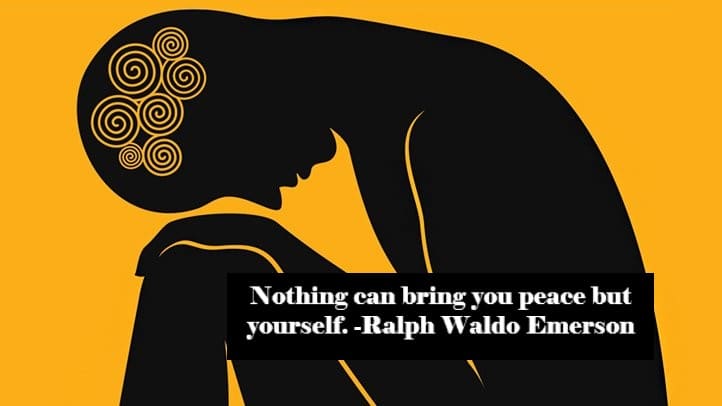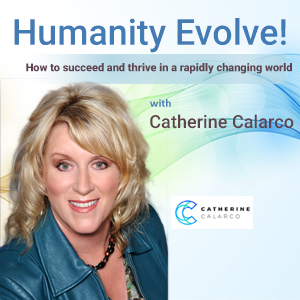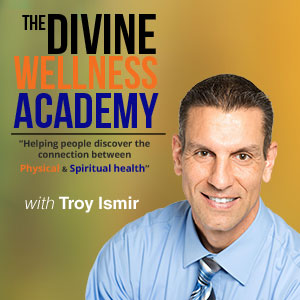Rising from Loneliness Coming Soon on “The Peace Bridge Talk Show”
How to Overcome Loneliness? Are you feeling lonely and dejected in your life? According to a...
Read Moreby Amritha Kailas | Aug 16, 2022 | Influencers | 0 |
How to Overcome Loneliness? Are you feeling lonely and dejected in your life? According to a...
Read Moreby VoiceAmerica | Jun 1, 2020 | Empowerment | 0 |
The impact of the coronavirus on our nation’s elder citizens has been enormous and has...
Read Moreby VoiceAmerica | Apr 29, 2020 | Health & Wellness | 0 |
Mental pain is less dramatic than physical pain, but it is more common and also more hard to bear....
Read Moreby VoiceAmerica | Mar 24, 2018 | Empowerment | 0 |
In a recent episode from my radio show, Uplift Your Life: Nourishment of the Spirit, my guest,...
Read Moreby VoiceAmerica | Jan 30, 2018 | Empowerment | 0 |
In this edition of LIFEadvice, coaches Kim Giles and Nicole Cunningham give great tips for...
Read Moreby VoiceAmerica | Jul 3, 2017 | Kids | 0 |
Teens talk and the world listens every Tuesday NOON PT on the Voice America Kids Network. Produced...
Read Moreby VoiceAmerica | Jan 31, 2017 | Women | 0 |
Interested in learning how to transform yourself at the speed of thought? It takes...
Read Moreby VoiceAmerica | Jan 30, 2017 | Empowerment | 0 |
Is there still pain lingering in the background of your being, even though youâve freed yourself...
Read Moreby VoiceAmerica | Oct 5, 2016 | Health & Wellness | 0 |
With these words at age 44 “fix me or put me in a nursing home” Linda Gonino was sick...
Read Moreby VoiceAmerica | Oct 4, 2016 | Health & Wellness | 0 |
This episode of the Divine Wellness Academy radio show features Dr. Bruce Bond. He will be...
Read Moreby VoiceAmerica | Sep 13, 2016 | 7th Wave | 0 |
When youâre upset, you canât remember a time when you were happy– happiness becomes an elusive concept. Tune in to Being Here with Ariel & Shya Kane and discover how to be happy…again, right here and right...
Read Moreby VoiceAmerica | Jun 6, 2016 | 7th Wave | 0 |
June 8, 2016: Thou Shalt Not Schlepp To Schlepp: A tedious or difficult journey; to haul or carry (something heavy or awkward). For example, âShe schlepped her groceries home.â Are there ever days when you find yourself...
Read More










